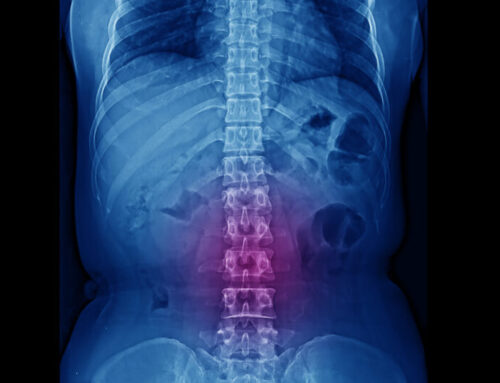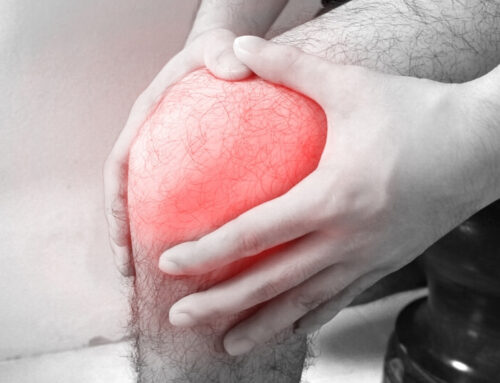
Breaking Free: Effective Strategies for Migraine Relief in Dallas
Are migraines dictating the terms of your life? Do they morph even the brightest days into a haze of pain and discomfort? If you’re nodding along, you’re not alone. Migraines aren’t just headaches; they’re like unwelcome guests crashing your party, uninvited and overstaying their welcome. But fear not, for relief is within reach, especially if you’re in Dallas. Let’s embark on a journey to uncover effective strategies for migraine relief tailored to the unique landscape of Dallas, Texas.
1. Understanding Migraines
Migraines aren’t just amplified headaches; they’re a complex neurological condition that can wreak havoc on your daily life. Understanding the underlying mechanisms can empower you to better manage and prevent them.
2. Triggers: Unveiling the Culprits
What sets off your migraine may not trigger someone else’s. Identifying your triggers is paramount in developing an effective management plan.
3. Lifestyle Modifications: Small Changes, Big Impact
Simple tweaks in your daily routine, such as regular meal times and adequate sleep, can significantly reduce the frequency and intensity of migraines.
4. Over-the-Counter Remedies
From pain relievers to anti-nausea medications, over-the-counter remedies can provide quick relief for mild to moderate migraines.
5. Prescription Medications
For severe or frequent migraines, your healthcare provider may prescribe medications to prevent attacks or alleviate symptoms when they occur.
6. Alternative Therapies
Explore complementary approaches like acupuncture, biofeedback, or herbal supplements, which may offer additional relief or enhance the effectiveness of conventional treatments.
7. Specialized Services at Advanced Pain Institute
In Dallas, the Advanced Pain Institute of Texas offers specialized services tailored to migraine sufferers, including advanced diagnostic techniques and cutting-edge treatments.
8. Dietary Adjustments
Certain foods and drinks, such as aged cheeses, processed meats, and alcohol, are notorious migraine triggers. Adopting a migraine-friendly diet can make a world of difference.
9. Stress Management
Stress is a common trigger for migraines. Incorporating relaxation techniques like deep breathing, meditation, or yoga can help mitigate its impact.
10. Sleep Hygiene
Poor sleep habits can exacerbate migraines. Prioritize good sleep hygiene by establishing a consistent bedtime routine and creating a conducive sleep environment.
11. Hydration: The Often Overlooked Hero
Dehydration can trigger migraines in some individuals. Stay hydrated throughout the day by drinking plenty of water and limiting caffeinated beverages.
12. Physical Therapy
Regular exercise can reduce the frequency and severity of migraines. Consult with a physical therapist to develop a tailored exercise plan that suits your needs and abilities.
13. Keeping Track: The Importance of Migraine Diaries
Maintaining a migraine diary can help you identify patterns, triggers, and treatment effectiveness, enabling you to make informed decisions about your care.
14. Seeking Professional Help
If migraines significantly impact your quality of life despite self-care efforts, don’t hesitate to seek professional help. A healthcare provider specializing in headache medicine can offer personalized treatment options.
15. Conclusion: Your Path to Migraine Relief
Breaking free from the grip of migraines is possible. By implementing a combination of lifestyle modifications, treatments, and seeking specialized care when needed, you can reclaim control over your life and experience relief from migraine pain.
Frequently Asked Questions (FAQs)
1. What are the most common triggers for migraines?
Common triggers include stress, hormonal changes, certain foods and drinks, lack of sleep, sensory stimuli, and weather changes.
2. How can I prevent migraines from disrupting my daily life?
Consistency is key. Establishing a routine for meals, sleep, and stress management, along with avoiding known triggers, can help prevent migraines from interfering with your daily activities.
3. Are there any natural remedies that can provide migraine relief?
Yes, certain herbal supplements, like feverfew and butterbur, may offer relief for some migraine sufferers. However, it’s essential to consult with a healthcare provider before trying any natural remedies.
4. When should I seek medical attention for my migraines?
If you experience severe or frequent migraines that significantly impact your quality of life, it’s advisable to seek medical attention. A healthcare provider specializing in headache medicine can help devise a personalized treatment plan.
5. Can migraines be cured permanently?
While there’s currently no cure for migraines, many individuals find significant relief through various treatment approaches. With proper management and lifestyle adjustments, the frequency and severity of migraines can be greatly reduced, allowing for a better quality of life.
Embark on your journey to migraine relief today. Take charge of your health and explore the personalized options available to you through consultation. Don’t let migraines hold you back any longer—freedom awaits!
Share this article
Follow us
A quick overview of the topics covered in this article.
- 1. Understanding Migraines
- 2. Triggers: Unveiling the Culprits
- 3. Lifestyle Modifications: Small Changes, Big Impact
- 4. Over-the-Counter Remedies
- 5. Prescription Medications
- 6. Alternative Therapies
- 7. Specialized Services at Advanced Pain Institute
- 8. Dietary Adjustments
- 9. Stress Management
- 10. Sleep Hygiene
- 11. Hydration: The Often Overlooked Hero
- 12. Physical Therapy
- 13. Keeping Track: The Importance of Migraine Diaries
- 14. Seeking Professional Help
- 15. Conclusion: Your Path to Migraine Relief
- Frequently Asked Questions (FAQs)











